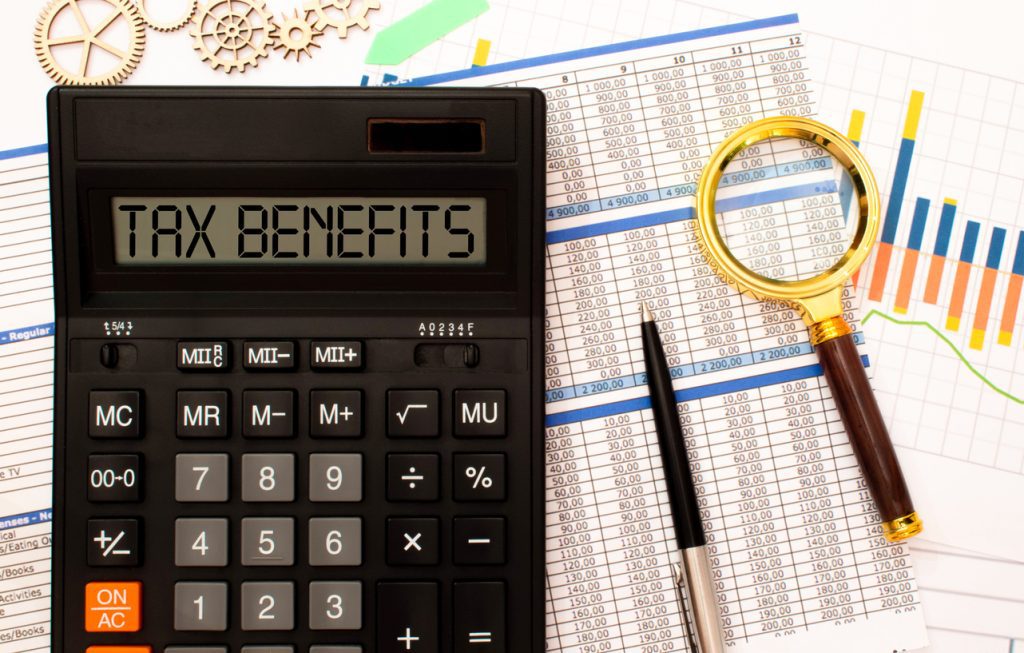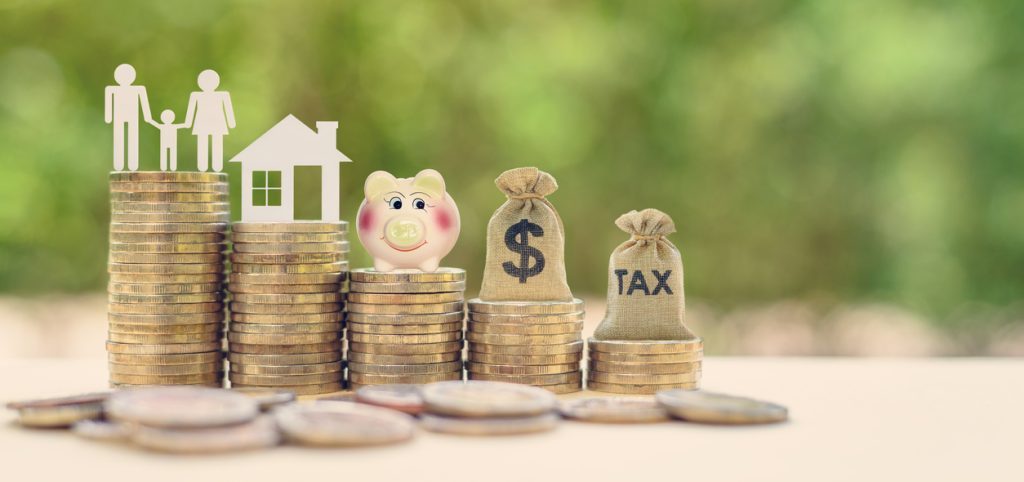How to survive Christmas with your finances intact
By Andrew Dunbar | 03/12/2024

The Christmas period is often referred to as the "silly season", and for good reason. For many of us, it’s a time when work takes a backseat, and we focus on family, friends, and having a good time. We all feel like we have earned a break when Christmas rolls around, but without planning ahead, it can have a damaging impact on our finances.
When it comes to Christmas, I recommend preparing a quick budget before it really gets into full swing – that way you have something to act as a guide and keep you on track. While it's important to enjoy the holidays, the hang-over of bad financial decisions and lack of planning can haunt you well into the following year.
Here are my tips for a financially-sound festive season:
Be honest about what you want
If you exchange gifts with friends or family, it’s likely you are going to get some unwanted items. Often, family members will ask, "what do you want for Christmas?" and while the Australian way tends to be to decline, "I don't need anything…" etc., (we all know the drill), answering honestly can be a good financial decision.
If you know you are going to buy something in the new year, ask for it, or if it's a big-ticket item, cash or a gift card towards it. At the end of the day, people genuinely want to give you something you want. You'll most likely be saving them from agonising over what to buy you and helping the environment too.
It really is the thought that counts
When it comes to gifts for other people, we often get caught in the trap of thinking that the more we spend, the better the gift. But think about the gifts you have received – the ones that mean the most are usually those with the most thought behind them, not the most expensive. Spend a little time thinking about what that person enjoys doing and get them something related to that. That way, you know they will use it, and it will show that you have put thought into the gift – a win on both fronts.
Shop smart
Don't go shopping without a clear list of what you want and a maximum spend for each person. You may have just missed the boat on "Black Friday", but there are still many good deals to be had. It’s a good idea to research the item online to find the best price. Even if it's not at a local store, many retailers will price match, particularly on electrical goods, so it’s worth knowing before you go.
In 2023, Australians put a staggering $26.25 billion on personal credit cards in December. The people who care about you do not want you to go into debt to buy them a gift; if you can't afford to pay for it upfront – don't buy it.
Share the love
While getting gifts can be great, many of us spend time spring cleaning and throwing things out – only to refill our homes come Christmas. If you are in a position to, think about giving to a charity instead of buying more unnecessary items. The money most likely won't make a big difference to you, but it could really make a difference to someone less fortunate. At Apt, we donate to RedKite, World Vision and Lungitude in lieu of corporate cards and staff gifts; it’s important to our team to help the wider community at Christmas.
Choose your social events
Christmas is a peak social period, and many of us feel pressure to attend a number of events. But here’s the secret – you can say no! Decide whether you actually want to attend every event and spend a little less at each, or whether you'd like to attend fewer events and spend more money on those that are actually important to you.
It's never too early
Once it is all over for 2024, get a head start on next year. Set a budget for 2025 as early as possible. Think about what you want out of next Christmas and work out how you can get there; it might be travel or just a great family Christmas at home.
There are a number of "Christmas Club" programs designed to help you do this, but at the end of the day – you can set your own budget and savings plan with just a little discipline. You can view our savings tips here, and below are some quick points to get you started:
- If there was an abundance of unnecessary (or even unwanted) gifts, think about proposing a Kris Kringle solution with a capped budget. Everyone will most likely get fewer gifts, but better ones and the shopping will be easier too.
- If you are travelling overseas during the year, think about duty-free gifts and alcohol for next Christmas.
- Put a reminder in your phone to start looking for bargains early. You'll often find great sales around the end of the financial year and again in August/September before the Christmas spending frenzy starts.
General Advice warning
The information provided in this blog does not constitute financial product advice. The information is of a general nature only and does not take into account your individual objectives, financial situation or needs. It should not be used, relied upon, or treated as a substitute for specific professional advice. Apt Wealth Partners (AFSL and ACL 436121 ABN 49 159 583 847) and Apt Wealth Home Loans (powered by Smartline ACL 385325) recommends that you obtain professional advice before making any decision in relation to your particular requirements or circumstances.









